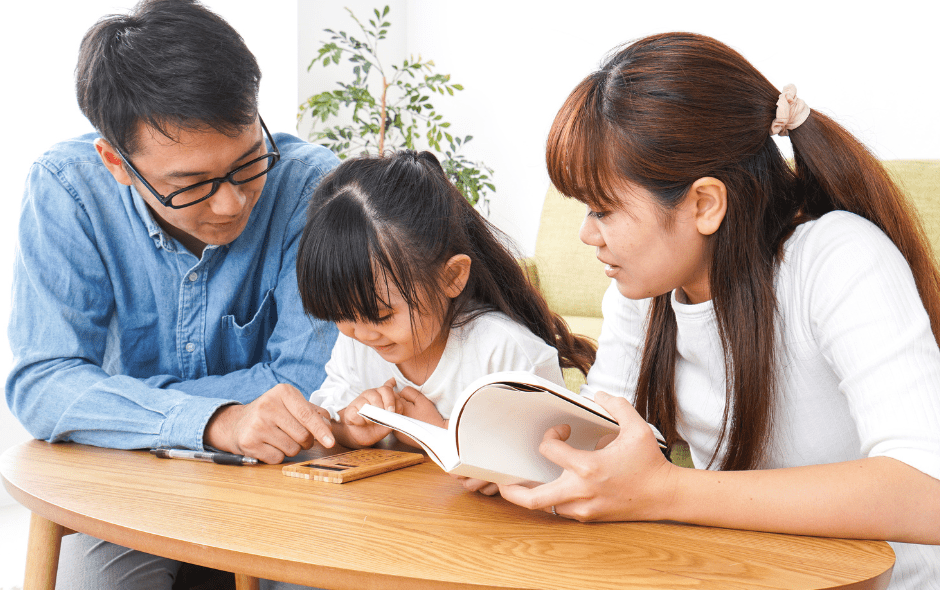This week is Child Safety Week. Our Helpline and Information Officer, Uschi Stickroth, provides information and things to consider to help keep your child safe if you are a parent living with epilepsy.
Having epilepsy does not stop you from keeping your child safe. You may need to put some extra measures in place but this will depend on what type of seizures you have, and how often you have them.
Not getting enough sleep and worrying about your baby is something all new parents face.
If you have epilepsy you need to be particularly mindful of this as lack of sleep and stress/anxiety can be a common seizure trigger.
Specialist health services will be able to give you advice on how to look after your baby/toddler as safely as possible.
Have a look at the following general precautions, but if you have any specific concerns or questions, please discuss these with your epilepsy specialist nurse.
Child gates
If you have a seizure that leaves you unconscious or not fully able to look after your child, you will want to make sure that your child is safe until you recover.
Fit a childproof gate at the kitchen door, at the bottom and top of the stairs, and any other areas you want your child kept away from.
Carrying your child
If your seizures are frequent and happen without warning, it is safer not to carry your child in your arms when you are alone.
Some parents use a buggy to wheel their baby or toddler around the house.
Bathing your child
If you have unpredictable and frequent seizures where you lose consciousness, you should only bathe your child when someone else is at home.
When you are on your own, simply sponge your child in an empty bath, baby bath, or on a waterproof sheet on the floor.
Only use a small amount of water in a small bowl, and make sure your child can’t reach this.
Protecting your child from electric appliances
Use childproof covers for electric sockets. When you do your ironing or anything that means using an electric appliance, it can be safer to keep a younger child in a playpen during that time.
This would keep your child safe, should you have a seizure until you recover.
Childproofing your medication
Make sure your child can’t reach your anti-epileptic drugs or any other medication in your house.
Always securely lock it in a cabinet that your child can’t reach. Be extra careful if you carry your pills in a pocket or a bag. A child may also want to try to copy a parent taking medication.
Take your medication out of your child’s sight to avoid your child wanting to copy you. For extra security, get pill dispensers with a childproof cap.
Outside the home
When you take your baby out in a pram or buggy you can tie a toddle strap to your wrist and pram.
This will stop your pram or buggy from running away if you let it go of the handle during a seizure.
The cord should be long enough that you can’t pull the pram over if you fall. Some prams also have brakes that lock when you let go of the handle.
Keep your toddler on a toddle strap tied to your wrist to stop them from wandering off during a seizure. It also helps if your child carries identification.
Teach your child to call for help
If your child is slightly older, you can explain more about your epilepsy. We have storybooks for young children which may help start the conversation about your epilepsy.
Please email us at contact@epilepsyscotland.org.uk or phone our helpline on 0808 800 2200 for copies.
When you think your child is older enough to understand, you can explain to your child how to help you if you have a seizure such as dialling 999.
If you are a single parent, you may want to consider having a community care alarm installed. Your child, if old enough, can be taught to use the alarm and call for help.
Your local social work department or epilepsy specialist nurse can give you more information on getting such an alarm.
For more information, on how to keep your child safe, please read our staying safe with epilepsy guide or call our freephone on 0808 800 2200.




